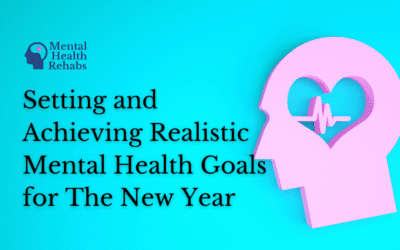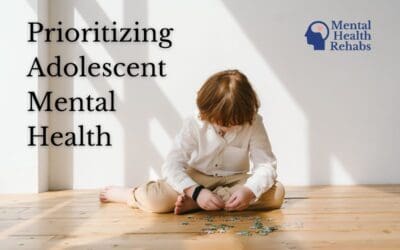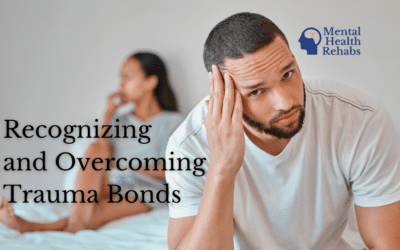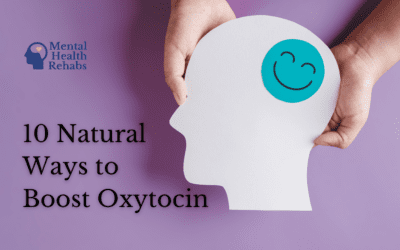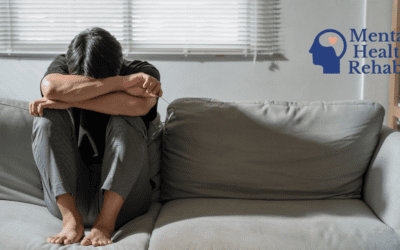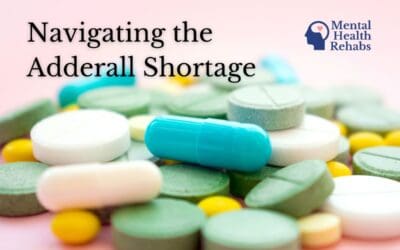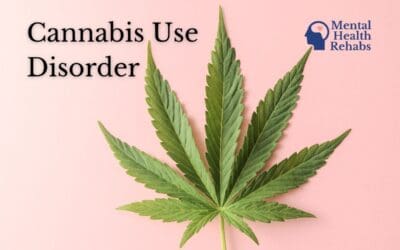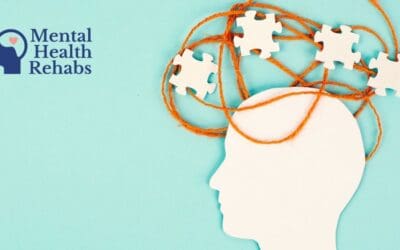Mental Health Blog.
Education goes a long way in terms of understanding and addressing mental health issues. Being the most common types of health concerns in America, we invite you to explore our blog all about mental heath.

New Year Mental Health Checklist: How To Start the Year Strong
Health is usually top of mind when New Year’s rolls around. Resolutioners flock to the gym in droves, crowd produce aisles in grocery stores, and stock up on vitamins and supplements with optimistic fervor. That’s all well and good, but there’s more to health than...
Prioritizing Adolescent Mental Health: U.S. States Leading the Way
A child entering their teens is a critical phase of life marked by rapid physical, emotional, and cognitive changes. As our youth navigate the complexities of this transformative period, the importance of mental health awareness and treatment becomes increasingly...
Recognizing and Overcoming Trauma Bonds: Are You Stuck in a Toxic Cycle?
At its core, a trauma bond represents a complex emotional connection forged through a cycle of abuse, intermittent positive reinforcement, and intense emotional reliance. These bonds are not limited to romantic partnerships; they can emerge in various relationships...
10 Natural Ways to Boost Oxytocin
In the journey toward mental well-being, the power of natural remedies often remains untapped. Oxytocin, recognized as the “love hormone,” greatly enhances emotional connections and overall mental health. This hormone, produced naturally by our brains, is key in...
6 Factors You Shouldn’t Ignore When It Comes to Mental Health
It's easy to sideline mental health amidst daily commitments and routines in our fast-paced world. Often, we only recognize its significance when facing burnout or health issues. The gravity of this oversight is evident in the fact that, as of 2021, 9.2 million U.S....
Is New Nutritional Trend Causing Eating Disorders
The ketogenic diet. The paleo diet. The caveman diet. Juice cleanses. Raw milk. Fruitarianism. Nutritional trends and diets like these are usually born from an effort to improve a person’s health -- which can mean pursuing weight loss or eliminating unnatural...
Tips for Navigating Mental Health & The Holidays
The holiday season is often portrayed as a time of joy, with lots of laughter and being surrounded by loved ones. Sometimes, however, the reality is that the “most wonderful time of the year” isn’t always merry and bright. For many Americans, however, the holidays are...
What is A Mental Health Retreat?
In recent years, the trend of prioritizing health and wellness has surged, with a notable 21% of global travelers in 2022 focusing on these aspects during their journeys. This shift has given rise to the popularity of mental health retreats, offering transformative...
Navigating the Adderall Shortage: Managing ADHD Without Medication
"Sorry, we cannot fill your Adderall prescription and do not know when we will have more in stock. Please contact your prescribing doctor to discuss alternatives." For someone struggling with ADHD, these can be scary words. Before you even have a chance to...
Cannabis Use Disorder: All You Need to Know
In the US, over 48.2 million people smoked marijuana at least once in 2019. Cannabis use disorder can arise from heavy cannabis usage. While it may not hurt to have a joint or two, doctors still advise against cannabis use for a longer period of time. Like any other...
6 Dangers of Compartmentalizing Your Emotions
The ability to let things roll off your back is usually a good thing. To be unphased by inconsiderate drivers, rude staff, or gum on the bottom of your shoe can make you less prone to stress and healthier overall. There’s a point, however, when this goes too...
What are the 9 Symptoms of ADHD?
Despite its name, attention deficit hyperactivity disorder (ADHD) involves more than trouble focusing and impulsivity. It’s characterized by symptoms that fall into two main categories: inattention and hyperactivity/impulsivity. According to the DSM-5, there are nine...
Don’t Struggle Alone.
Get Help Today.
Reaching out for help for yourself or a loved one can be overwhelming and stressful, but it doesn’t have to be. If you are struggling to find the right help, or even know where to get started, please feel free to call our 24/7 helpline.
Begin your mental health journey right now!


